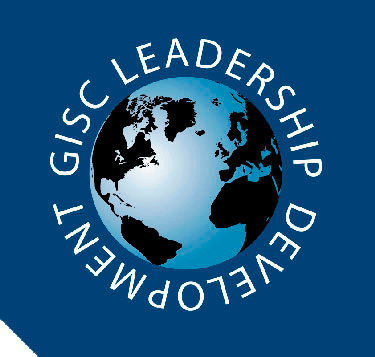Cape Cod Training Program
What you can expect
The Cape Cod Model is GISC's signature contribution to Gestalt theory and practice. Since 1980, The Cape Cod Training Program has provided a distinctive learning opportunity for consultants, couples- and family-therapists, coaches and leaders from around the world. In structured and highly interactive sessions, participants learn how to become effective agents for change using the Cape Cod Model.
What is the Cape Cod Model
The Cape Cod Model is an approach to living in the world, as well as a model for working as a psychotherapist, coach, consultant, manager or leader. It is based on Gestalt principles.
The key principles informing the model are:
- Raising awareness and creating new experience supports growth and development.
- The practitioner develops and embodies an optimistic stance.
- The practitioner understands and appreciates the co-creation between people.
- The practitioner appreciates that behavior that might look problematic, actually serves a purpose, however is likely being used in the wrong context or being overused.
- The importance of the practitioner developing an authentic and flexible presence, appropriate to the situation.
These skills are developed through detailed observation, ongoing practice, and feedback from a supportive learning community, which the Cape Cod Training Program provides.
CCTP Faculty Discuss the Cape Cod Model
Listen as CCTP Faculty, Carol Brockmon, Nancy Rutkowski, and Lucy Ball discuss the Cape Cod Model.
Faculty Discuss the CCTP Learning Experience
Listen as CCTP Faculty, Carol Brockmon, Nancy Rutkowski, and Lucy Ball discuss the learning experience of the Cape Cod Training Program and what participants will take away with them.
This paper presents a brief introduction to the Cape Cod Model, a Gestalt-oriented, skill-based approach.... The concepts and skills involved in the model are applicable to third party intervention, coaching, team-building, leadership development, and strategic advising. The origins of the Model go back to work done in the 1960s and 1970s by Sonia March Nevis in the area of couple and family therapy, and that has been refined since then with colleagues through 40 years of study, consultation, teaching to organization consultants and psychotherapists, and to work with executives in leadership development.
Key Concept: Cycle of Experience
Gestalt is focused on building skill in the process of perceiving, deciding, acting, and learning and improving. This process is called the Cycle of Experience. The Cycle of Experience describes an interactive cycle that moves from awareness through contact, action, integration, and closure, providing both a framework and a template to observe for competence and areas that need further development. Watch this brief overview of the concept.
Key Concept: Polarities
Polarities are the natural process of opposites. There is a tendency to move to one side and call it a good thing
and to call the other side bad. Our stance is that both ends of every polarity are important, depending on the circumstance. Growth and development is the stretching to incorporate the whole spectrum. Watch this brief overview of the concept.
Did you know...
- Our Live-Online programming has been highly praised for the level of intimacy and engagement that has been integrated into each program.
- The Live-Online format eliminates the cost of travel, making the program even more affordable.
- We are very careful to maintain a low participant-to-faculty/mentor coach ratio, and limit the program to a maximum of 18 participants (which means you should apply now to secure your spot).
- The Cape Cod Training Program is ICF Certified for 80 Core Competency Hours for continuing coaching education.
Experience a Sample Counseling Session
In this sample counseling session, an excerpt from the educational series, The Us Factor, Joseph Melnick, Co-Director of the Cape Cod Training Program, provides insight into how concepts from the Cape Cod Model are applied in couples therapy.
Are you a Massachusetts Company?
*Massachusetts organizations: up to $3,000 tuition reimbursement is available for qualifying organizations. Click the button below for information about how to apply for these grants from the state.
Learn More & Apply Now!
Are you ready to take the next step and register for the Cape Cod Training Program? Click the button below to go to the program page where you will find:
- A link to apply online
- Information about the cost of the program
- Additional details about the Cape Cod Training Program
And if you still have questions, you can call the GISC office at (508) 349-7900, or email us at office@gisc.org.

